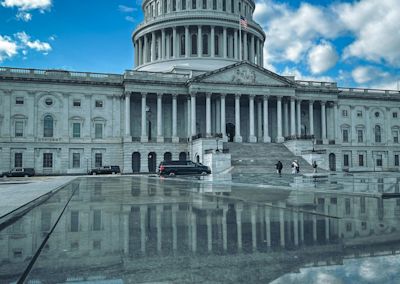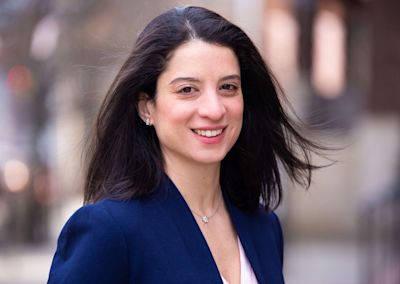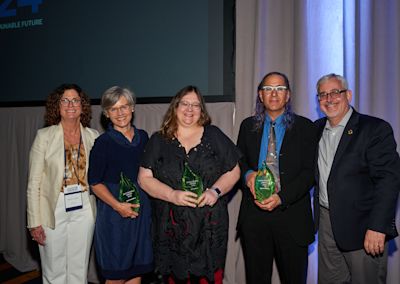Press Release
27 March 2025
US SIF & Trillium Asset Management Seek Nominations for 2025 Joan Bavaria Award
Insights
25 March 2025
Priorities of the Next SEC Chair Paul Atkins and the Future of Sustainable Investing
Insights
23 January 2025
Assessing the Impact of the Election Results for the Sustainable Investing Field
Press Release
14 November 2024
GSIA Releases Report and Recommendations for Investors and Policymakers in Attendance at COP29
Insights
20 September 2024





